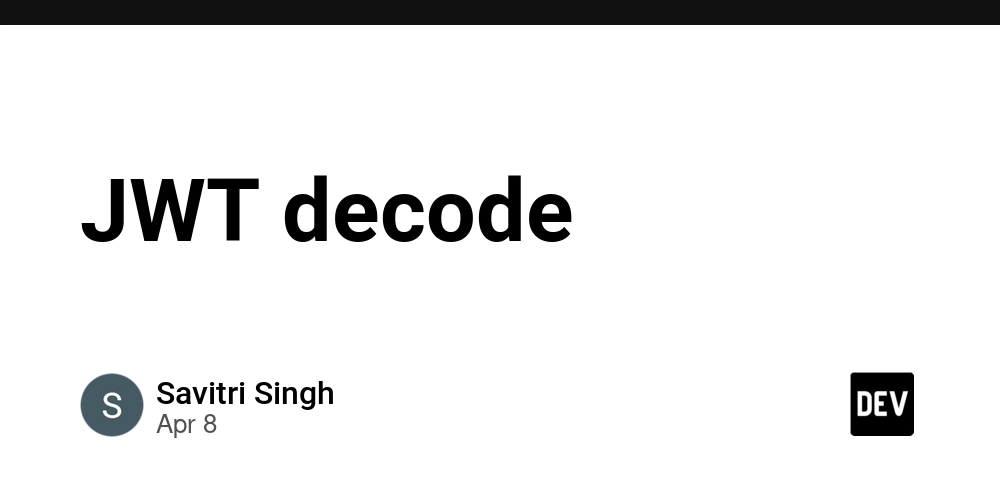My Wall Street Journal op-ed on the kerFFRFle
If you’ve read here in the last few months, you’ll know about my kerfuffle with the Freedom From Religion Foundation (FFRF), which you can find described in various posts on this website. In short, Kat Grant, at the time a fellow at the FFRF, wrote an essay on the Freethought Now! website explaining their problems … Continue reading My Wall Street Journal op-ed on the kerFFRFle

If you’ve read here in the last few months, you’ll know about my kerfuffle with the Freedom From Religion Foundation (FFRF), which you can find described in various posts on this website. In short, Kat Grant, at the time a fellow at the FFRF, wrote an essay on the Freethought Now! website explaining their problems with defining sex (the author uses they/them pronouns). Grant finally came up with this unsatisfactory psychological definition: “A woman is whoever she says she is.”
I wanted to respond, and wrote FFRF co-President Annie Laurie Gaylor for permission to publish a short response (I was on the Honorary Board of Directors). She said “okay,” and after a few back-and-forths involving editing, it was published as a short piece called “Biology is not bigotry” (it’s now archived here and has been reprinted in other places). The point of the title was, of course, that the biological definition of the sexes, based on the gamete type potentially produced (sperm or eggs), says almost nothing about how gender-nonconforming people should be treated or whether their rights should be curtailed (answer: almost never, though sports participation is one of the few exceptions).
The day after my piece went up, the FFRF took it down (Kat Grant’s piece is still online but is also archived here). Why? My best guess is that the young people at the FFRF raised a ruckus, but the FFRF also explained that my views were harmful and didn’t reflect the FFRF’s views (that was the point of the criticism, of course). Publishing my piece was, they said, “a mistake.” No, it was censorship, pure and simple.
All this is explained in an op-ed I wrote that was published last night in the Wall Street Journal. If you click on the screenshot below, it should take you to a free version, or you can find it archived here.
I have to say that I didn’t choose the title (for I have not lost my atheism!), and the article was heavily edited. Yes, I do know that Gnosticism was not part of Catholicism, but I also know that Gnosticism also was a form of religion and superstition.
At any rate, I asked the WSJ to add the links to two assertions I made in the text, but they didn’t add those links. I’ve put them in the two paragraphs below taken from the WSJ piece, just so you can check up on how I quoted others:
The FFRF’s road to quasireligious views was a long one, paved by secular philosophers and the movements they spawned. It includes, for one thing, the Gnostic view that one’s true identity goes well beyond the physical body. As a Catholic website comparing Gnosticism with transgenderism notes, “The underlying concept is the same, that who we ‘really’ are is not our bodies, but rather some sort of interior ‘ego,’ or ‘I’ that constitutes our true self. It is incumbent that the body must conform to that true self.”
Some forms of feminism have made their contribution, with constructivists like Judith Butler arguing that sex is a social construct, not “a bodily given on which the construct of gender is artificially imposed, but . . . a cultural norm which governs the materialization of bodies.” This is a denial of evolution.
That’s pretty much all I have to say except to once again exculpate myself from transphobia. The purpose of “Biology is not bigotry” was to show that adhering to the gametic definition of “biological sex” used by many biologists does not make you someone who hates or wishes to erase trans people. I do think that there are a few instances in which their “rights” clash with the “rights” of other groups (women athletes or women prisoners, for instance), but that doesn’t mean you’re a hater—only someone trying to adjudicate for yourself an important difference of opinion.
The only remaining question is this: why is Honorary Board of FFRF still up on the Internet when Religion News Service Reporter Yonat Shimron told me (and published) that Annie Laurie Gaylor assured Shimron that that Board had been dissolved?













































































